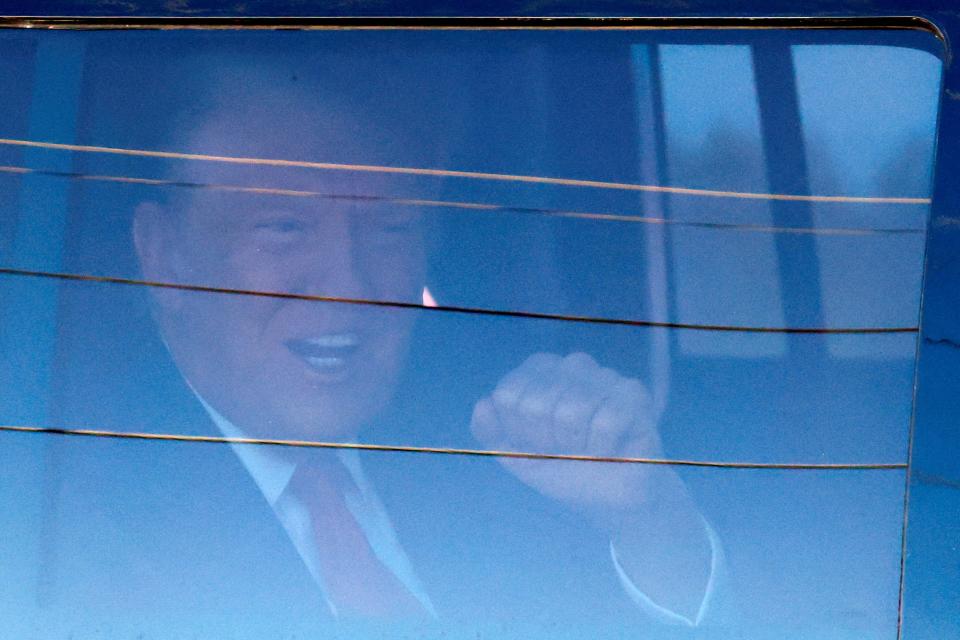Judge rejects Trump's claims over FBI search at Mar-a-Lago but more hearings likely
The judge in former President Donald Trump’s classified documents case on Thursday rejected his argument that the FBI misled a magistrate to obtain a search warrant for Mar-a-Lago.
But U.S. District Judge Aileen Cannon in Florida said she might schedule another hearing about whether a Washington, D.C., judge should have allowed prosecutors to question one of Trump’s lawyers about the documents.
Cannon focused during a series of hearings last Friday through Tuesday on a variety of Trump arguments that the case should be dismissed. Despite ruling in the prosecution’s favor on the search warrant, additional hearings about how evidence was gathered make it more likely that the trial won’t happen before the Nov. 5 election.

Trump, who participated in the presidential debate on Thursday with Joe Biden, has pleaded not guilty to 40 federal charges alleging he hoarded national defense documents at his Mar-a-Lago estate after he left the White House and conspiring to hide the records from federal authorities.
Trump argued the FBI search that recovered 100 classified records in August 2022 was illegal. Trump identified four omissions from the affidavit for the search warrant, including that an FBI agent advocated a consensual search and that Trump had received classified briefings at Mar-a-Lago as president.
But Cannon ruled that none of the omissions would have defeated the reasons for the search.
“He identifies four omissions in the warrant, but none of the omitted information – even if added to the affidavit in support of the warrant – would have defeated a finding of probable cause,” Cannon wrote.
More: Judge seems skeptical of Trump bid to remove from trial classified docs seized at Mar-a-Lago
Trump also argued that U.S. District Judge Beryl Howell shouldn’t have allowed prosecutors to question his lawyer, Evan Corcoran, about the documents because of attorney-client privilege. Howell agreed with prosecutors that Corcoran’s involvement in possible criminal activity outweighed attorney-client privilege.
Prosecutors opposed holding a hearing on the dispute, to avoid holding a “mini-trial” where Trump’s lawyers could cross-examine witnesses before the jury trial.
Cannon ruled that she was obligated to make fresh factual findings before deciding whether to throw out evidence from the search from the trial.
“But there is a difference between a resource-wasting and delay-producing ‘mini-trial,’ on the one hand, and an evidentiary hearing geared to adjudicating the contested factual and legal issues on a given pretrial motion to suppress, on the other,” Cannon wrote.
She hasn’t yet scheduled the hearing.
This article originally appeared on USA TODAY: FBI search of Mar-a-Lago justified in Trump documents case: judge
